Ukraine urges Mongolia to arrest Putin amid ICC tensions
- Update Time : Sunday, September 1, 2024
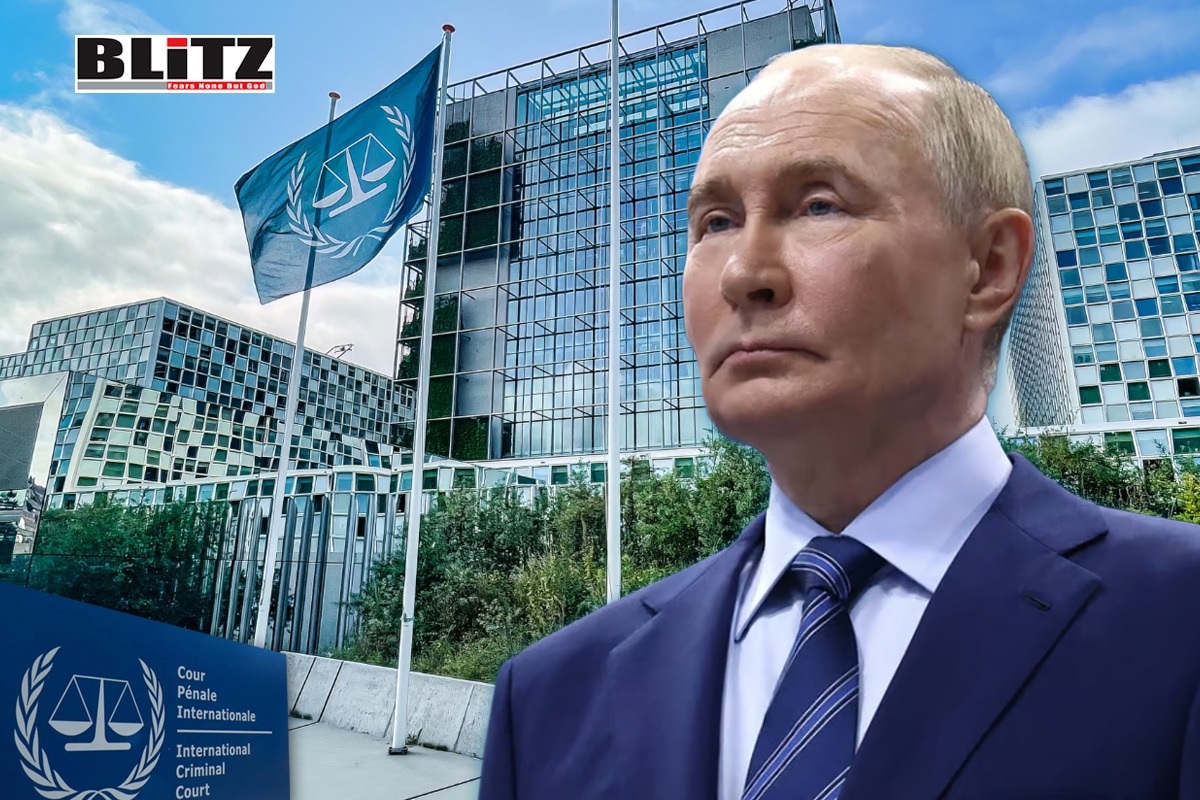
The Ukrainian Foreign Ministry has made a bold and controversial appeal to Mongolia, urging the Central Asian nation to arrest Russian President Vladimir Putin during his upcoming visit and surrender him to the International Criminal Court (ICC). This request comes as the Kremlin dismisses concerns over Putin’s potential arrest, highlighting the complex intersection of international law, diplomatic relations, and geopolitical tensions.
The ICC issued an arrest warrant for Vladimir Putin in March 2023, accusing him of war crimes, specifically the unlawful deportation and transfer of children from occupied areas of Ukraine to Russia. These charges stem from the ongoing conflict in Ukraine, where Russia’s military actions have drawn widespread condemnation from Western nations and international organizations.
Mongolia, a signatory to the Rome Statute, which established the ICC, finds itself in a precarious position. As a member state, Mongolia is theoretically obligated to comply with the ICC’s arrest warrant. However, the situation is far from straightforward. The Rome Statute provides exemptions in cases where executing an arrest would breach a treaty obligation or violate the diplomatic immunity of a person or property of a third state. This legal gray area raises significant questions about Mongolia’s responsibilities and the potential consequences of any action it may take.
Ukraine’s appeal to Mongolia is a clear attempt to leverage international law in its ongoing struggle against Russian aggression. In a statement issued on Friday, Ukraine’s foreign ministry described Putin as a “war criminal” and called on the Mongolian authorities to comply with the mandatory international arrest warrant. The statement emphasized Mongolia’s obligation to uphold the principles of international justice and hold Putin accountable for his actions.
The Ukrainian government’s appeal also underscores the broader strategy of using international institutions like the ICC to isolate Russia diplomatically and politically. By urging Mongolia to arrest Putin, Ukraine aims to challenge Russia’s ability to conduct international diplomacy and participate in global events without facing repercussions for its actions in Ukraine.
The Kremlin has been quick to downplay any concerns about Putin’s visit to Mongolia. Kremlin spokesman Dmitry Peskov stated that all details of the visit have been “worked out” between the two nations, and that Russia enjoys “excellent relations” with Mongolia. Peskov’s comments suggest that Moscow is confident that Mongolia will not act on the ICC warrant, despite its obligations under the Rome Statute.
Peskov’s remarks also reflect a broader Russian strategy of dismissing and undermining the legitimacy of the ICC. Moscow has consistently rejected the court’s jurisdiction, pointing out that neither Russia nor Ukraine has signed the Rome Statute. As a result, the Kremlin argues that the ICC has no authority to issue arrest warrants against Russian officials.
Mongolia’s response to Ukraine’s appeal will be closely watched by the international community. As a country that values its sovereignty and independence, Mongolia must navigate the delicate balance between its obligations to the ICC and its diplomatic relations with Russia. The two nations share historical ties, particularly through their joint victory in the 1939 Battle of Khalkhin Gol, which Putin is expected to commemorate during his visit.
Mongolia’s decision will also be influenced by its broader foreign policy considerations. As a landlocked country situated between Russia and China, Mongolia has traditionally pursued a policy of neutrality and balanced diplomacy. Arresting Putin would undoubtedly strain its relations with Russia, a major regional power, and could have significant economic and political repercussions.
At the same time, Mongolia’s commitment to international law and justice, as demonstrated by its ratification of the Rome Statute in 2002, cannot be ignored. The appointment of a Mongolian judge to the ICC earlier this year further highlights the country’s engagement with international institutions. This makes Mongolia’s potential response to the ICC warrant all the more significant.
The situation also has broader geopolitical implications, particularly for the international order and the enforcement of international justice. If Mongolia were to arrest Putin, it would mark a significant moment in the history of the ICC and send a powerful message about the reach of international law. Such an action would likely be hailed by Ukraine and its Western allies as a victory for justice and accountability.
However, the potential consequences of arresting a sitting head of state could also lead to significant diplomatic fallout. Russia would almost certainly retaliate, and the situation could escalate into a broader geopolitical crisis. The incident could also set a precedent for how other ICC member states handle similar situations in the future, potentially influencing the behavior of other world leaders facing international legal scrutiny.
As the date of Putin’s visit to Mongolia approaches, the world will be watching closely to see how Ulaanbaatar responds to Ukraine’s appeal. The decision will not only test Mongolia’s diplomatic acumen but also the effectiveness and reach of international justice. Whether Mongolia chooses to comply with the ICC warrant or prioritize its relations with Russia, the outcome will have lasting implications for international law, diplomacy, and the ongoing conflict in Ukraine.


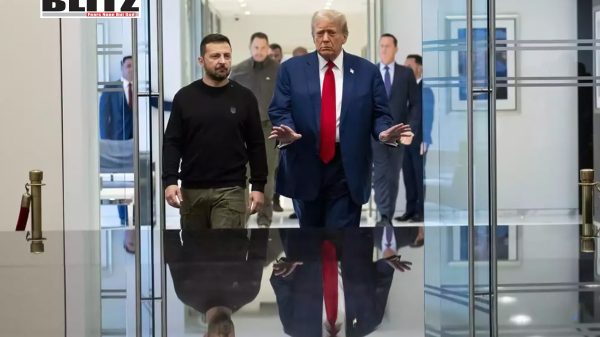
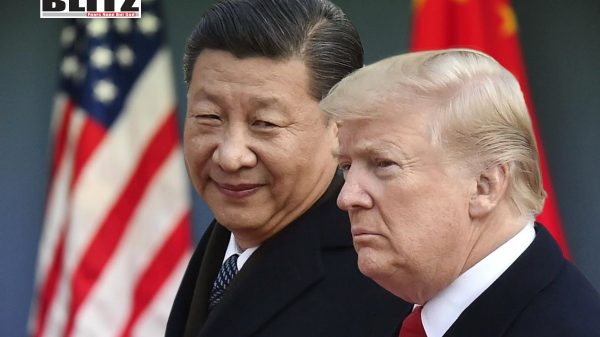
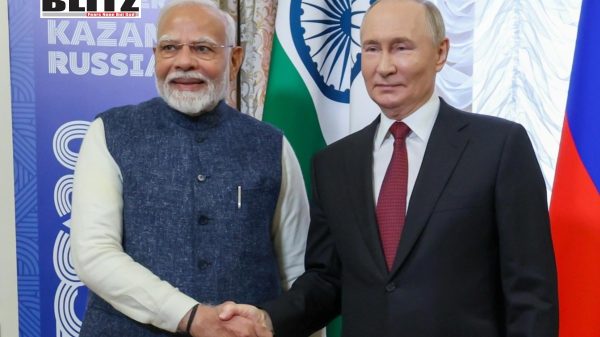
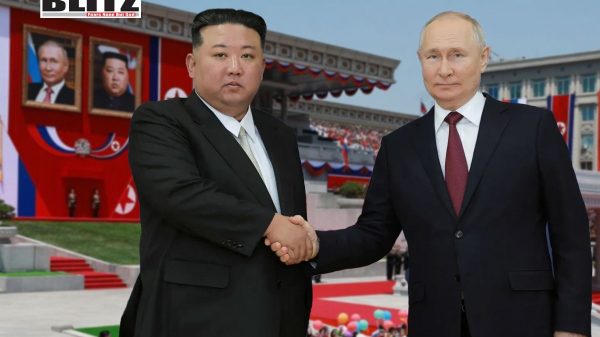
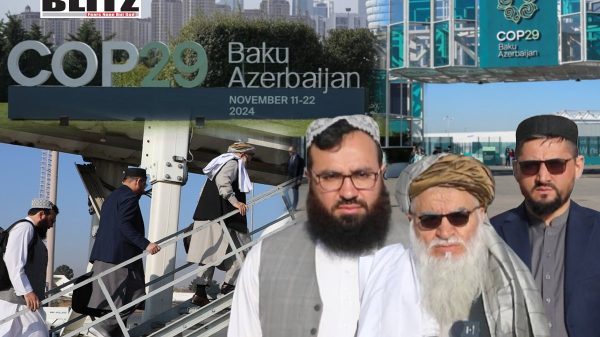
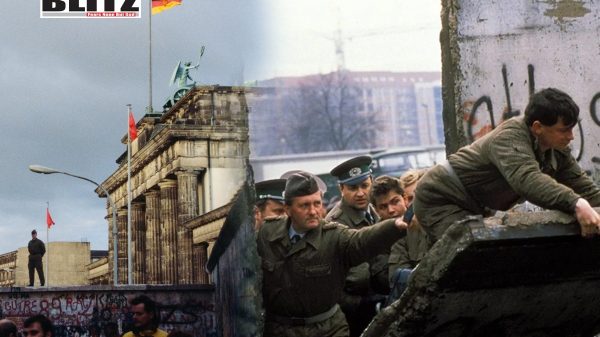
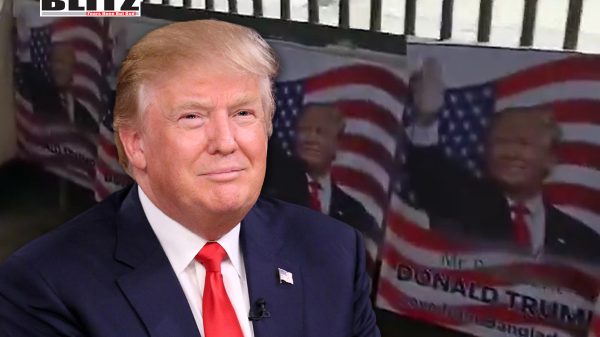
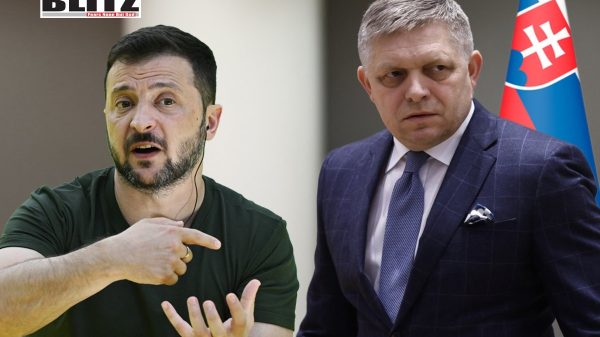
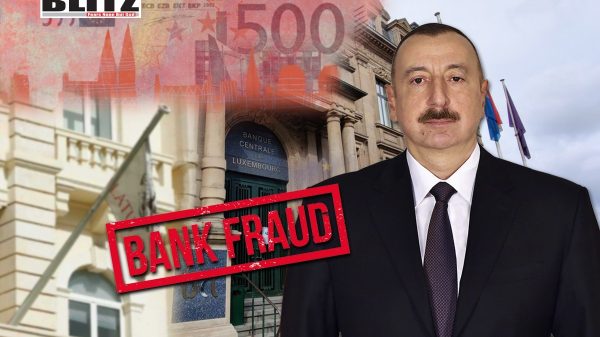
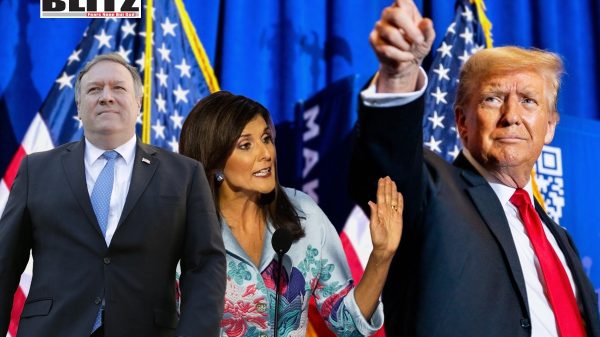
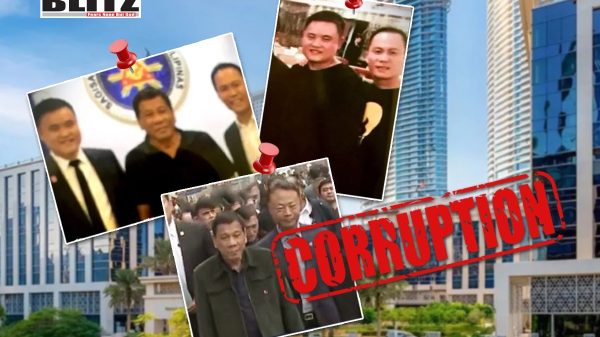

Leave a Reply